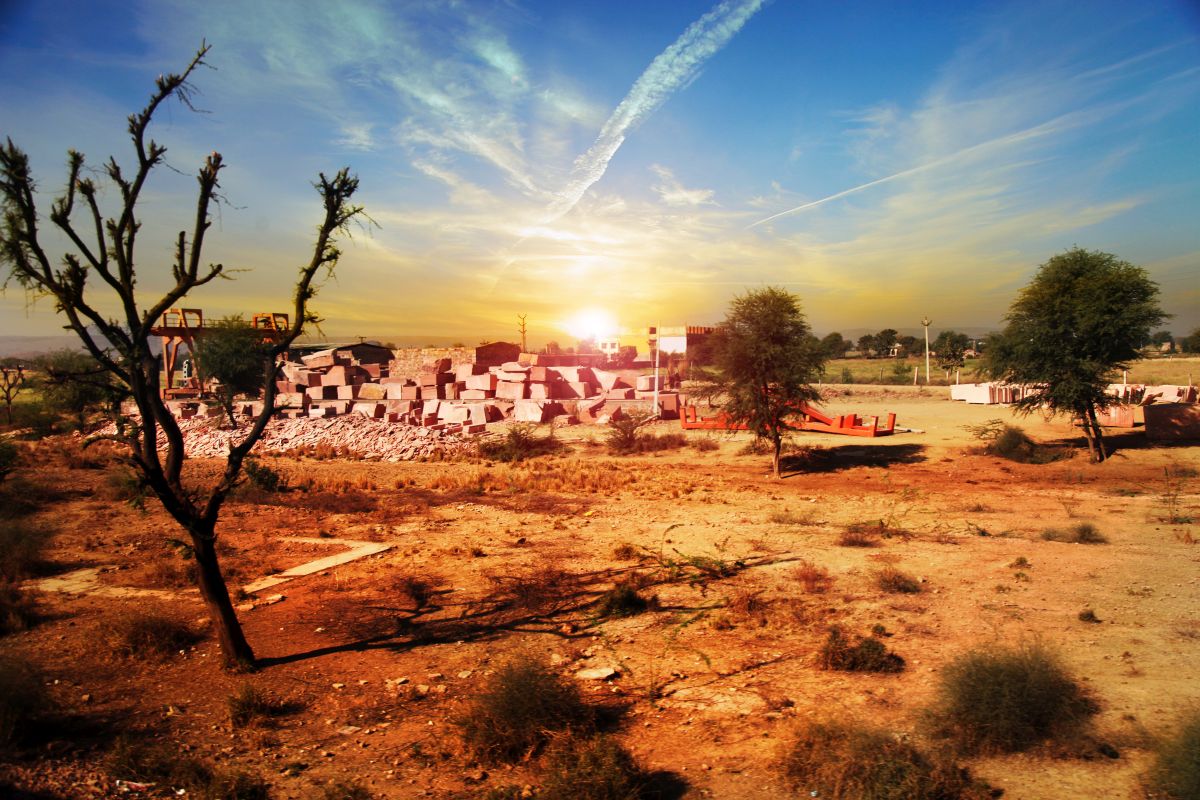More than, 11,000 scientists in 153 countries on Tuesday declared a climate emergency and warned that “untold human suffering” is unavoidable without huge shifts in the way we live.
According to a report from five senior scientists, three-quarters of national commitments under the Paris climate accord to curb greenhouse gases will not even slow the accelerating pace of global warming.
The sobering assessment came a day after President Donald Trump formally notified that the United Nations of the US withdrawal from the 2015 Paris climate pact, triggering concerns of how other nations might react.
Robert Watson, who chaired both the UN Intergovernmental Panel on Climate Change (IPCC) and the UN’s science body for biodiversity said, “With few exceptions, the pledges of rich, middle-income and poor nations are insufficient to address climate change”.
“As they stand, the pledges are far too little, too late”, Watson further said.
According to the statement, “We declare, clearly and unequivocally, that planet Earth is facing a climate emergency”.
Meanwhile, the European Union confirmed that last month was the warmest October ever registered, fast on heels of a record September and the hottest month ever in July.
“Despite 40 years of major global negotiations, we have continued to conduct business as usual and have failed to address this crisis,” said William Ripple, professor of ecology at Oregon State University, who spearheaded the letter.
“Global surface temperature, ocean heat content, extreme weather and its costs, sea level, ocean acidity and land area are all rising,” Professor Ripple said.
Earlier this year, Italian Prime Minister Paolo Gentiloni had said that he respected US President Donald Trump and understood his ‘America First’ policy but didn’t agree with his protectionist stance on trade or his views on migration and climate change.
Last month, Professor Jem Bendell, a professor of Sustainability Leadership in the University of Cumbria explained that the warming of the Eocene period did not really occur within a short span of time; it all took place over a long period, contrary to what is viewed today.
This, in fundamental terms, states that if nature is exposed to higher temperatures for thousands of years, it has the opportunity to adapt to those high temperatures. In contrast, if higher temperatures persist for a couple of centuries, ecosystems cannot adapt and the shock becomes palpable.
(With inputs from AFP)












